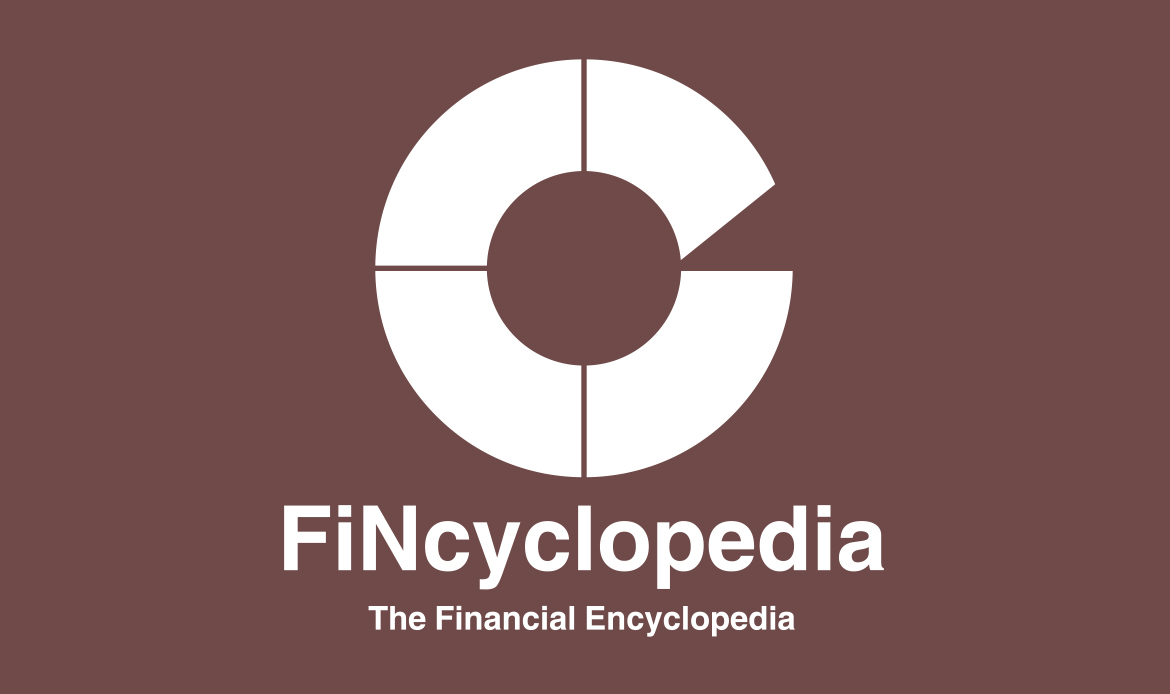An approach that endogenizes the discount factor. It is a type of preference formulation that is used in an infinite horizon open economy model under an incomplete asset market setting (with a potential to generate a state of well-defined stationary equilibrium). Incomplete markets form when specific risks are not fully insurable while others are not insurable under any circumstances. The economic model’s stationary state variables cannot be developed under the formulation of the exogenous discount factor.
An example is the use of such an approach the study of economic agents in terms of consumption of certain goods and services in an economy.
The endogenous discount factor was first introduced by Uzawa (1968), and further developed by Epstein (1983), and Obstfeld (1982) introduced Uzawa’s specification of the endogenous subjective discount factor in a deterministic small-open economy’s model, which allows differences in subjective discount factor to explain systematic current account imbalance.
An endogenous factor in economics is any contributing factor that is explained or inferred from within the model being studied.
It is known for short as EDF.



